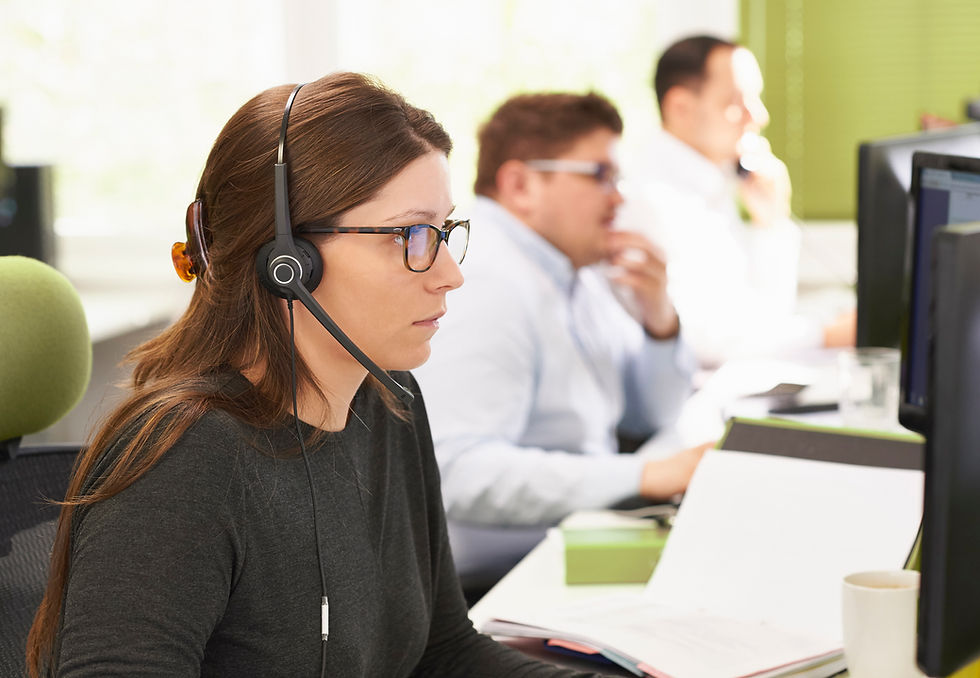MamaBetes Podcast Interview
- Aug 24, 2022
- 2 min read
If you’re a woman with a disability, there’s a good chance you’ve experienced domestic violence.

As a mum who lives with a disability (Type One Diabetes) and has survived domestic abuse, I had the privilege to be interviewed about my personal experiences in the podcast MamaBetes (Shoshanna’s Story).
This awesome podcast, now up to its 54th episode, is hosted and produced by Ashleigh Ricardo, Rachel Hicks and Carleigh Eastlake, three Australian women with Type One Diabetes for other women with Type One Diabetes.
MamaBetes brings lived experiences backed by evidenced based practice on what it’s like to plan pregnancy, be pregnant and be a mum with Type One Diabetes.
For this episode, I wanted to do something a bit different.

Not only did I want to discuss what it’s like to parent whilst dealing with Type One Diabetes, but I wanted to talk about how domestic violence affects women with disabilities.
The Royal Commission into Violence, Abuse, Neglect and Exploitation of People with Disability, uncovered that woman with disability are at higher risk of experiencing physical violence in their lifetime compared to women without disability (48% compared to 27%).
They also found that two in five women with disability who are also in a relationship (41.5%) have experienced emotionally abusive, harassing and controlling behaviours perpetrated by a current or former intimate partner.
The nature and dynamics of violence and abuse towards women with disability differ from the general population.
We experience specific forms of abuse, for example, perpetrators can interfere with our equipment and medication, use restrictive practices and threaten to withdraw essential care and support.
We’re also particularly at risk of experiencing financial abuse, deprivation of basic needs and insults intended to cause shame or humiliation.
And we experience multiple forms of violence and abuse simultaneously.
In addition, we experience extra barriers when accessing support services.
We’re far less likely to access services in relation to violence - In 2020, only 2.4% of calls and online contact made to 1800RESPECT were from, or on behalf of, people with disability.
The Australian Bureau of Statistics (ABS) also paints a grim picture.
They found that women with a disability or long-term health condition are more likely to have experienced violence than those without.
Women like me are more likely to have experienced physical violence, partner violence and emotional abuse, sexual harassment and stalking said ABS Director of the National Centre for Crime and Justice Statistics, Will Milne.
“The greatest disparity in risk was found for partner violence, with results showing that women living with disability were nearly twice as likely as women without disability to have experienced violence by a partner,” said Milne.
I hope you get a lot out of this podcast. It was a pleasure to spend an hour chatting with Ashleigh, Rachel and Carleigh.
But go easy, as some of the stuff we talk about gets a bit heavy.

Call 1800RESPECT
(1800 737 732) if you need.







Comments